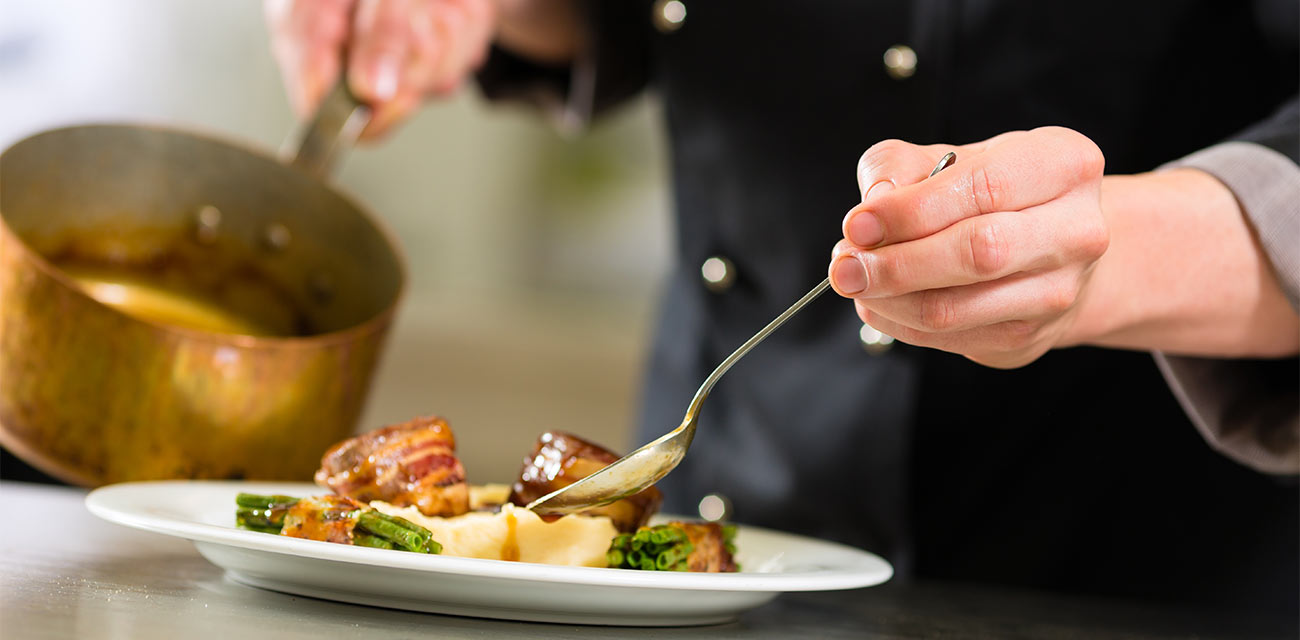When food is prepared by someone else people generally are more pleased to eat the meal than if they make it themselves even with the same recipe

When food is prepared by someone else, people generally are more pleased to eat the meal than if they make it themselves - even with the same recipe.

Food has always been an important aspect of our lives. It not only satisfies our hunger but also provides us with a sense of pleasure and comfort. While many of us enjoy cooking our own meals, there is a psychological aspect that suggests that when food is prepared by someone else, people tend to be more delighted to eat the meal, even if they follow the same recipe.
The act of someone else preparing our meal can make the food more appealing and enjoyable. It can create a sense of anticipation and excitement, building up our appetite before the meal is even served. This phenomenon is known as the “chef effect” and has been studied by psychologists.
Research has shown that when someone else cooks for us, it enhances the overall dining experience. The aroma of the food cooking, the sounds of sizzling and chopping, and the visual presentation all contribute to our perception of the meal. The mere fact that someone has put effort into preparing the food can make it taste better to us.

Psychologists believe that there are several reasons behind this phenomenon. Firstly, when someone else cooks for us, it relieves us of the burden of preparation and allows us to relax and fully enjoy the meal. The anticipation of not knowing what exactly is being prepared adds an element of surprise and novelty, making the meal more memorable.
Additionally, when someone else prepares our food, we perceive their cooking skills as superior to our own. We may believe that they have more knowledge and expertise in the culinary arts, which elevates our expectations and enhances our enjoyment. This perceived skill and effort can create a sense of appreciation towards the chef and the meal they have prepared.
Another possible explanation is that when someone else cooks for us, we are able to detach ourselves from the potential mistakes or imperfections that may occur during the cooking process. We are more forgiving of any flaws and may even attribute them to the chef’s unique style or technique, further enhancing our dining experience.
Furthermore, food prepared by someone else can also tap into our emotional and social connections. Sharing a meal that someone has cooked for us can provide a sense of bonding and connection. It allows us to feel cared for and loved, creating a positive association with the food itself.
In conclusion, the psychological phenomenon of being more pleased to eat a meal when it is prepared by someone else, even with the same recipe, can be attributed to various factors. The anticipation and novelty, the perception of superior cooking skills, the detachment from imperfections, and the emotional and social connections all contribute to our heightened enjoyment of the meal. So, the next time you have the opportunity to have someone else cook for you, savor the experience and let yourself indulge in the pleasure of being pampered with a delicious meal.
Source: Leverage Edu
Share
Related Posts
Quick Links
Legal Stuff

